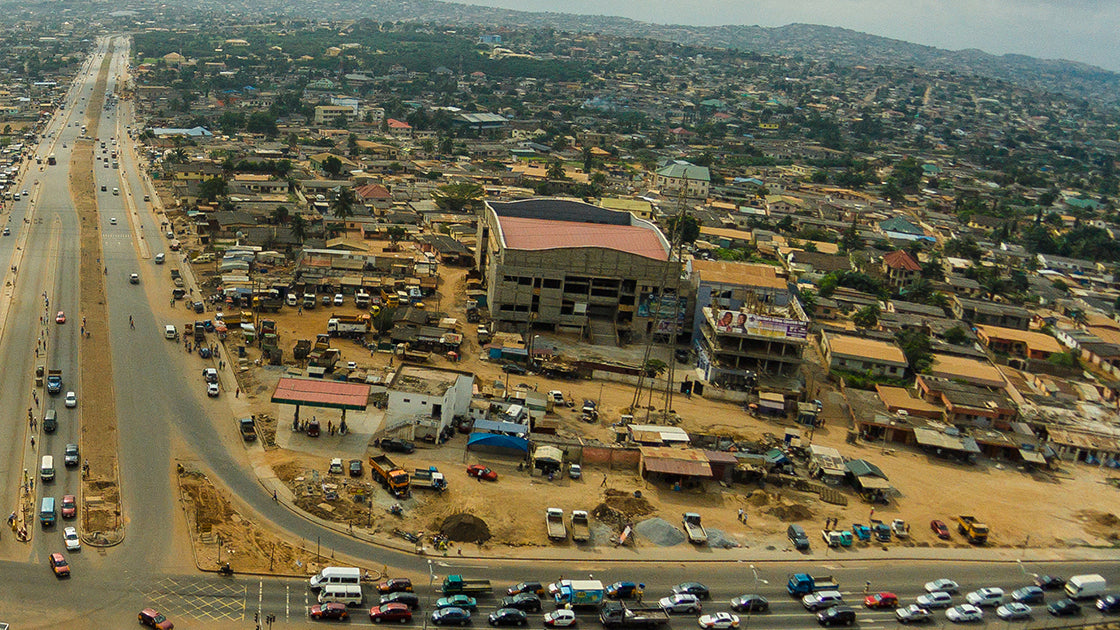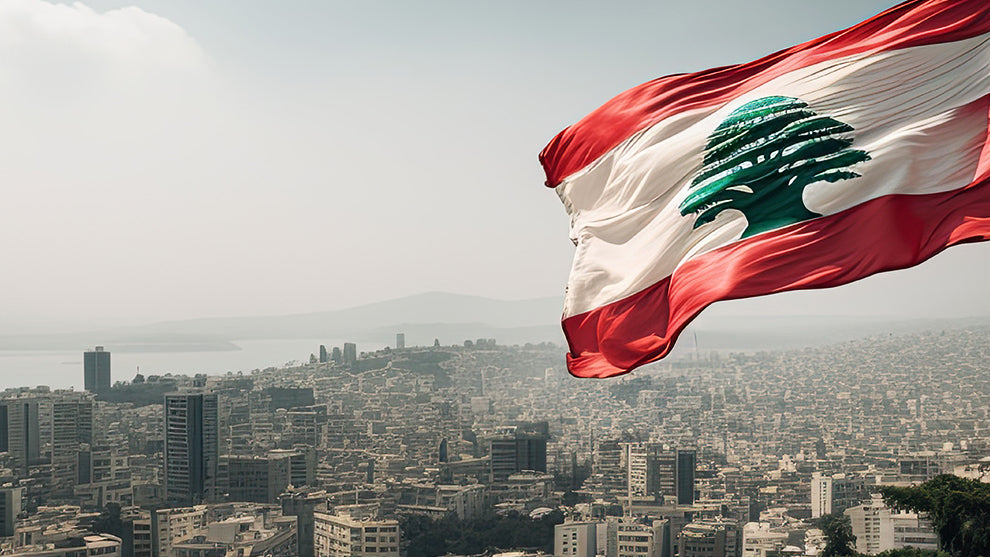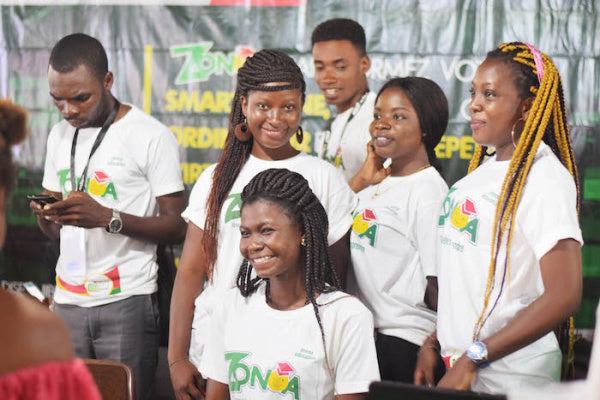
Ghana: Arrests, Detentions and Human Rights in Crisis
The recent wave of protests in Ghana, orchestrated by the "StopGalamseyNow" movement, has turned into a protest against prison conditions. The 52 protesters arrested, including influential activist Oliver Mawuse Barker Vormawor , were detained in conditions deemed inhumane. They denounce the deprivation of food, water and access to sanitation during their detention. This scandalous treatment damages the image of the Ghanaian police and raises questions about the protection of citizens' fundamental rights.
An explosive political situation
The arrests of the protesters came during a protest against illegal mining, known as “galamsey,” which destroys the environment and poisons farmland. While such protests often have political repercussions, this case took a particularly brutal turn with the prison conditions decried by the activists. Francis Xavier Sosu , a prominent Ghanaian lawyer and human rights defender, quickly took the lead in the legal challenge, accusing the police and the state of abuses. He announced his intention to sue for violations of the detainees’ rights.
Conditions of detention: alarming stories
The accounts from activists and their lawyers are chilling. Detainees, held in unsanitary cells, have faced days without food or clean water. The lack of sanitation and confined spaces make the situation even worse. Oliver Barker Vormawor , known for his activism in the #FixTheCountry group, has publicly denounced these conditions, calling them psychological torture. The protesters’ lawyer, Martin Kpebu , has criticized the decision to deny bail on several occasions, calling it abusive and contrary to human rights. He says the detention of these individuals goes far beyond the legal limits and shows a worrying pattern of repression against dissent.
Police under pressure
Ghana's police force, already under fire for its often brutal tactics, is facing increasing pressure. In recent years, trust between the population and the police has reached breaking point, particularly due to the arrests of activists, journalists and political opponents. This latest case further tarnishes the reputation of the authorities, calling into question their commitment to the country's democratic principles.
From an international perspective, several human rights organizations have also expressed concern. Reports on detention conditions in Ghana show that such practices are not uncommon, particularly when individuals protest controversial policies.
A growing climate of mistrust
Beyond the walls of the detention cells, Ghana’s entire political climate is now under tension. The “StopGalamseyNow” movement is part of a series of actions that are shaking the country, as citizens express their discontent with the management of natural resources. “Galamsey” continues to decimate the environment, polluting entire rivers with toxic chemicals and ruining farming communities.
Protesters believe that the government and the companies operating the business benefit from this activity, while local populations suffer the ecological and economic consequences. This anger has catalyzed citizen movements such as #FixTheCountry , which denounce the corruption and inefficiency of the authorities in the face of these problems.
What are the consequences for Ghanaian democracy?
This case could have lasting repercussions on Ghana's political and judicial scene. On the one hand, police brutality and prison conditions reveal a worrying authoritarian drift, which could lead to new protests and social unrest. On the other, the management of natural resources and the repression of dissenting voices highlight the fragility of dialogue between the government and citizens.
While Ghana is often cited as one of the most stable and democratic countries in West Africa, recent events show that the situation can quickly change. The treatment of the protesters and the government’s response will be decisive for the future of democracy in the country. Civil society is now calling for an independent investigation into the arrests and an overhaul of police practices to prevent further abuses.
A call to action
Faced with rising tensions, several local and international organizations are calling on the government to review its methods and ensure detention conditions that meet international standards. The call for dialogue between civil society and the government is becoming increasingly urgent, but the path to resolving this crisis still seems long and fraught with pitfalls.
The case of the protesters arrested for opposing the galamsey is much more than a simple news item: it is the symptom of a deep malaise in Ghana, where citizens are demanding more transparent governance and greater protection of their fundamental rights.



Leave a comment
This site is protected by hCaptcha and the hCaptcha Privacy Policy and Terms of Service apply.